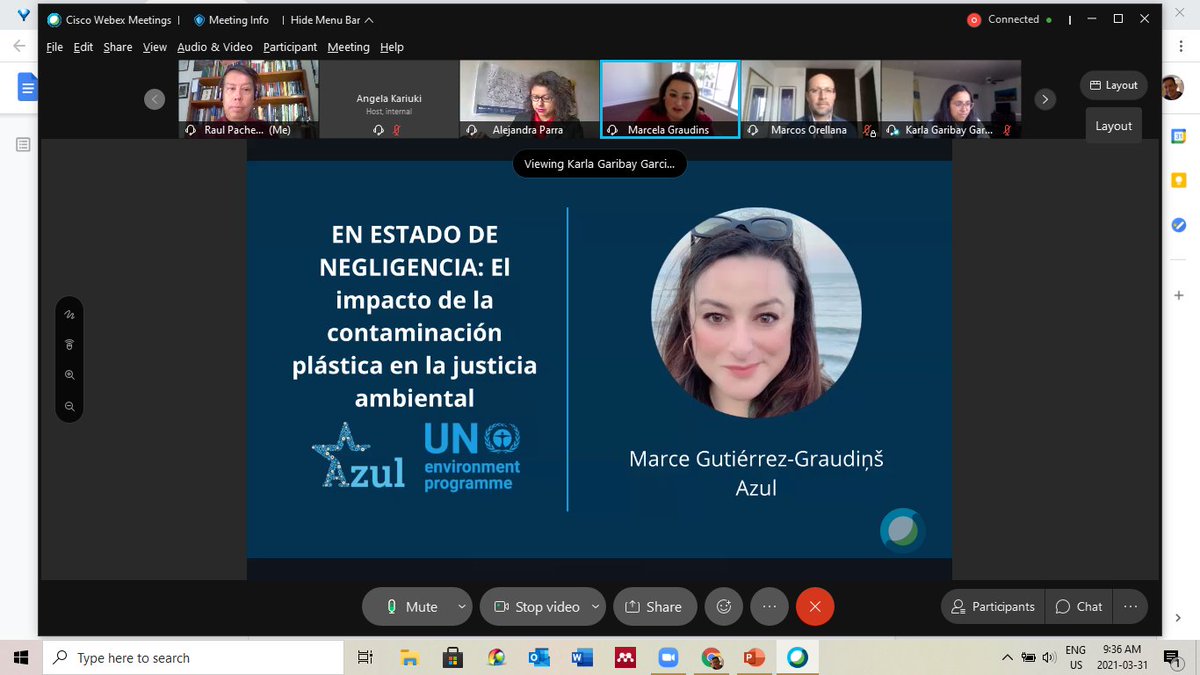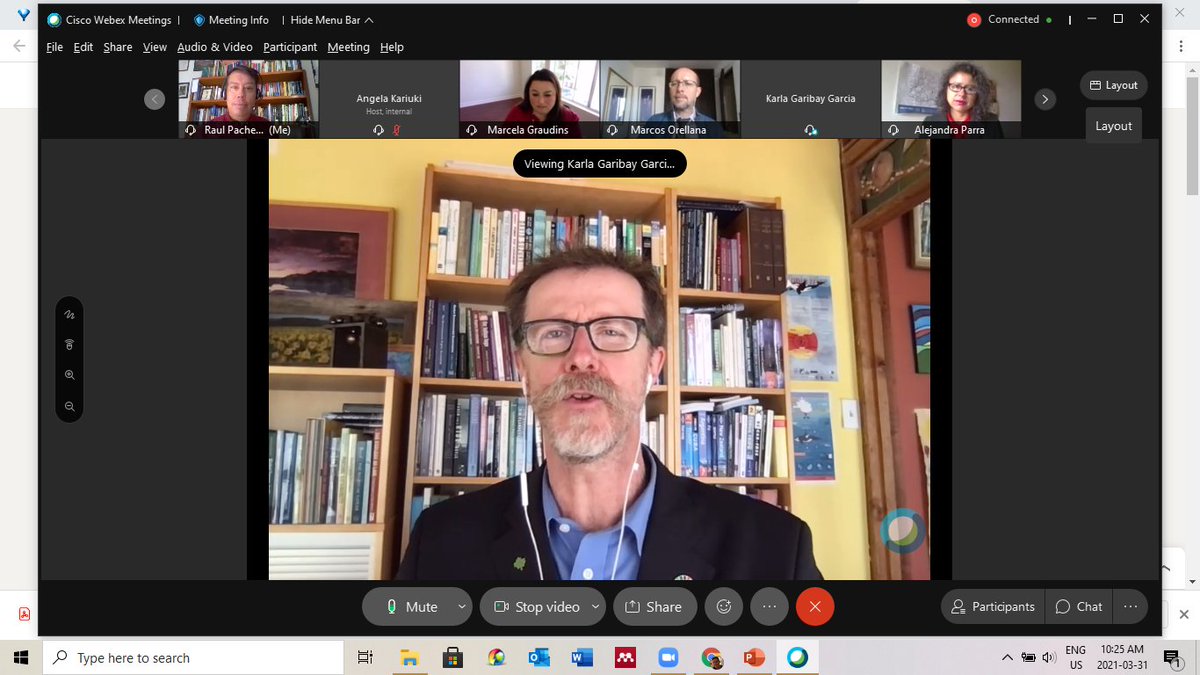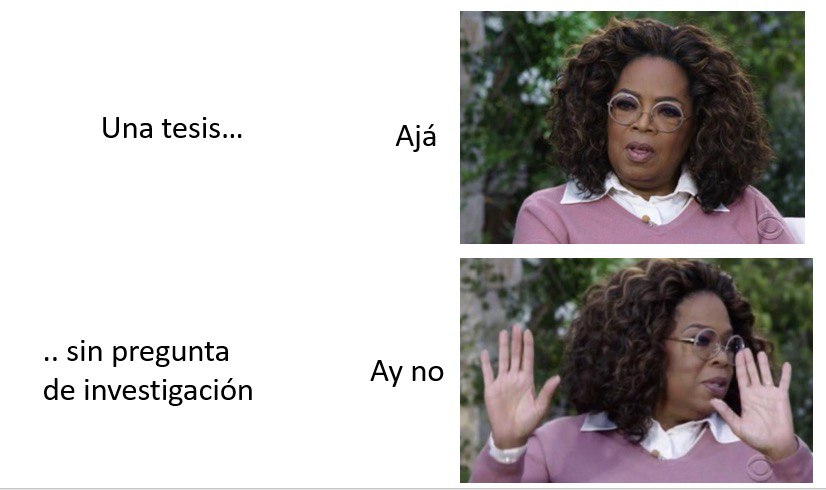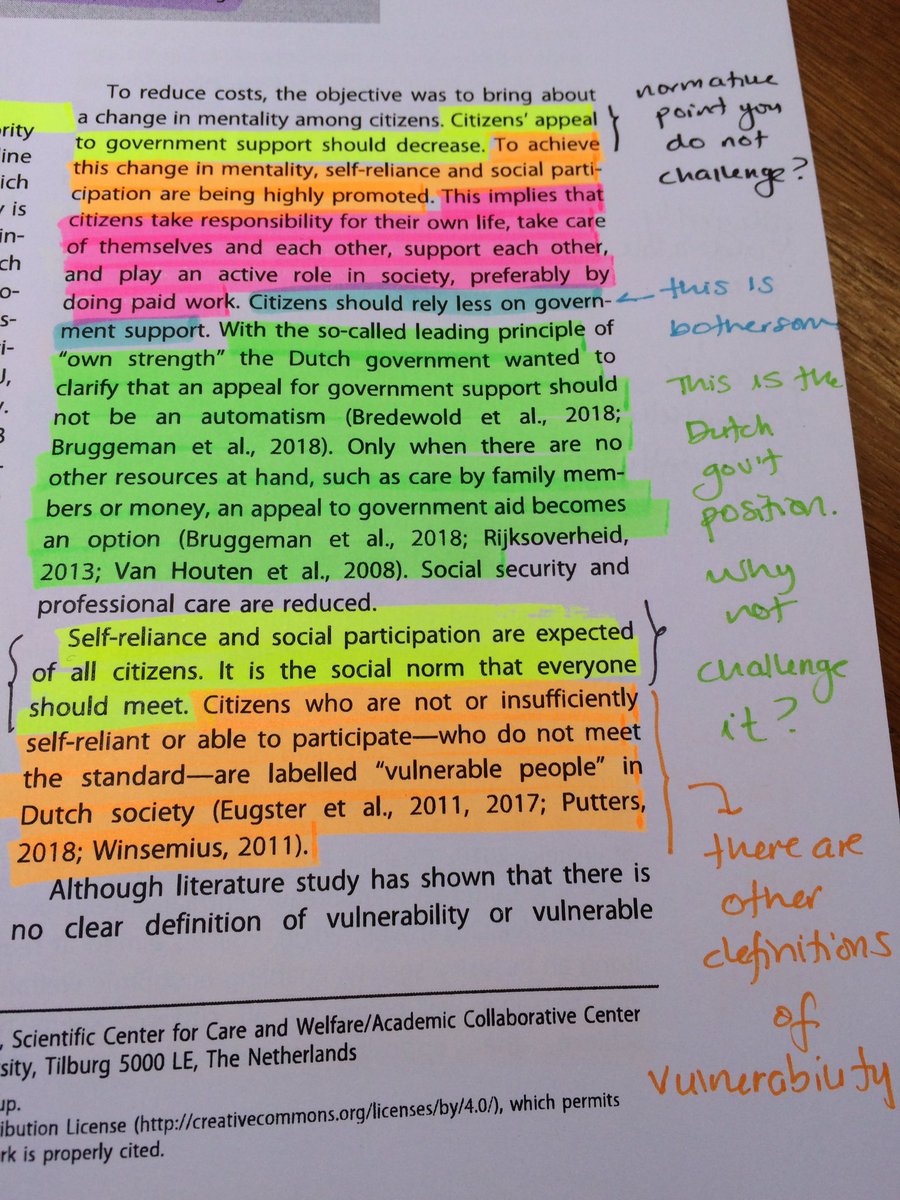
Moderando la presentación del reporte sobre plásticos y justicia ambiental creado por @AzulDotOrg y comisionado por @UNEP
Gracias por invitarme!
Gracias por invitarme!
https://twitter.com/AzulDotOrg/status/1377265578000408581

.@Aleparramunoz nos habla sobre una ley que se está discutiendo que regula y prohibe el uso de artículos plásticos desechables en Chile.
Coincido con Alejandra y con @SRtoxics sobre el potencial de este reporte de @azuldotorg y @unep para facilitar el activismo ambiental.
Coincido con Alejandra y con @SRtoxics sobre el potencial de este reporte de @azuldotorg y @unep para facilitar el activismo ambiental.

.@andresdelcas nos explica la importancia de este reporte de @unep y @azuldotorg para potencialmente fortalecer las demandas de activistas para empujar la nocion de un acuerdo global de plasticos. 

Encantado de ver al Dr. David Boyd, @EnvirOptimist dando un mensaje en apoyo al reporte de @azuldotorg y @UNEP
(nota curiosa: David y yo fuimos compañeros en el doctorado, y somos buenos amigos desde hace muchos años)
(nota curiosa: David y yo fuimos compañeros en el doctorado, y somos buenos amigos desde hace muchos años)

• • •
Missing some Tweet in this thread? You can try to
force a refresh




